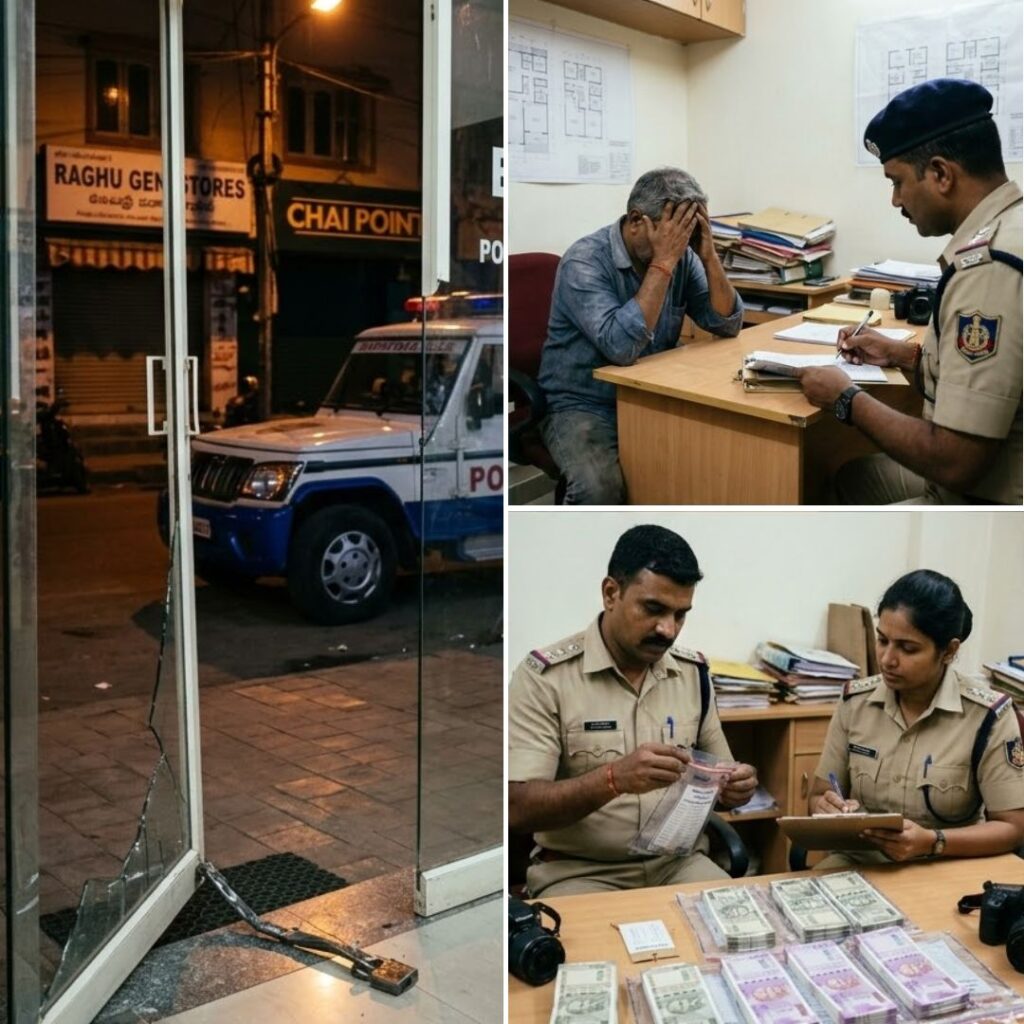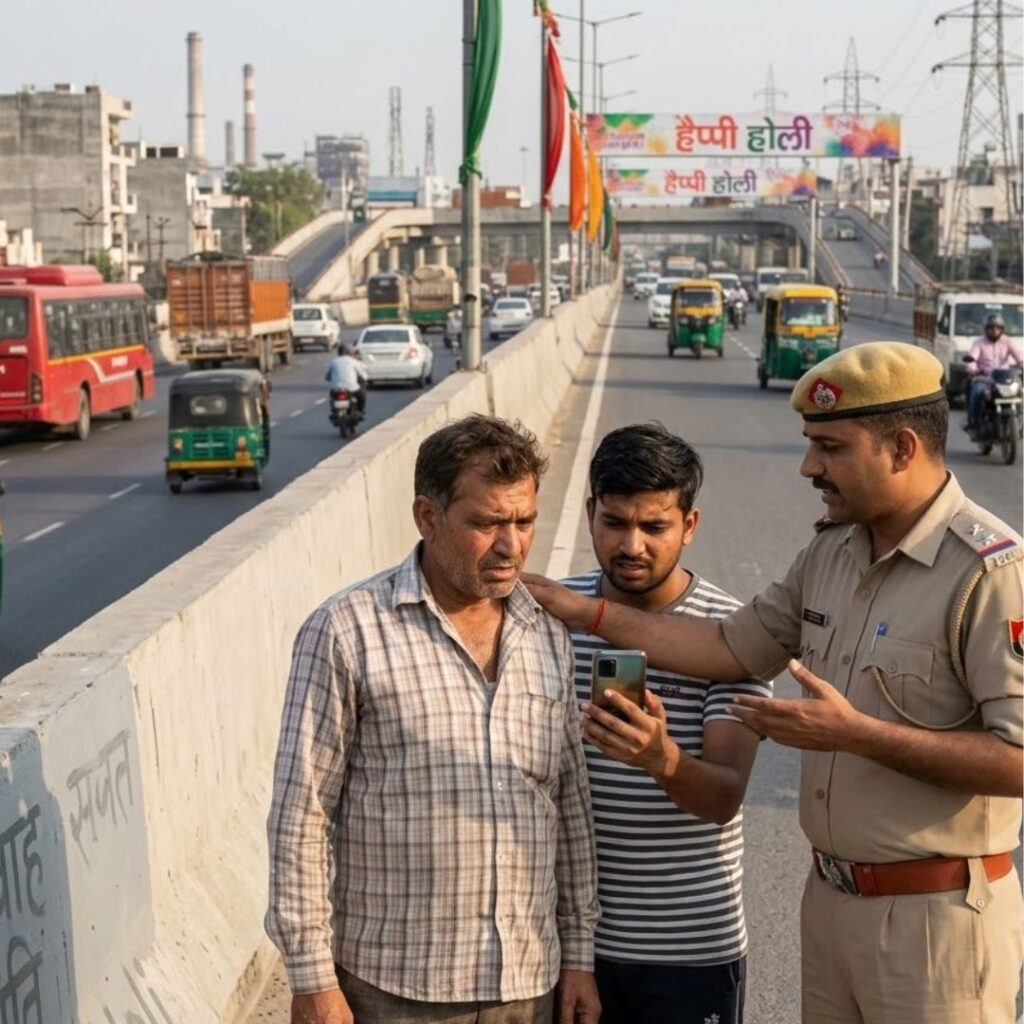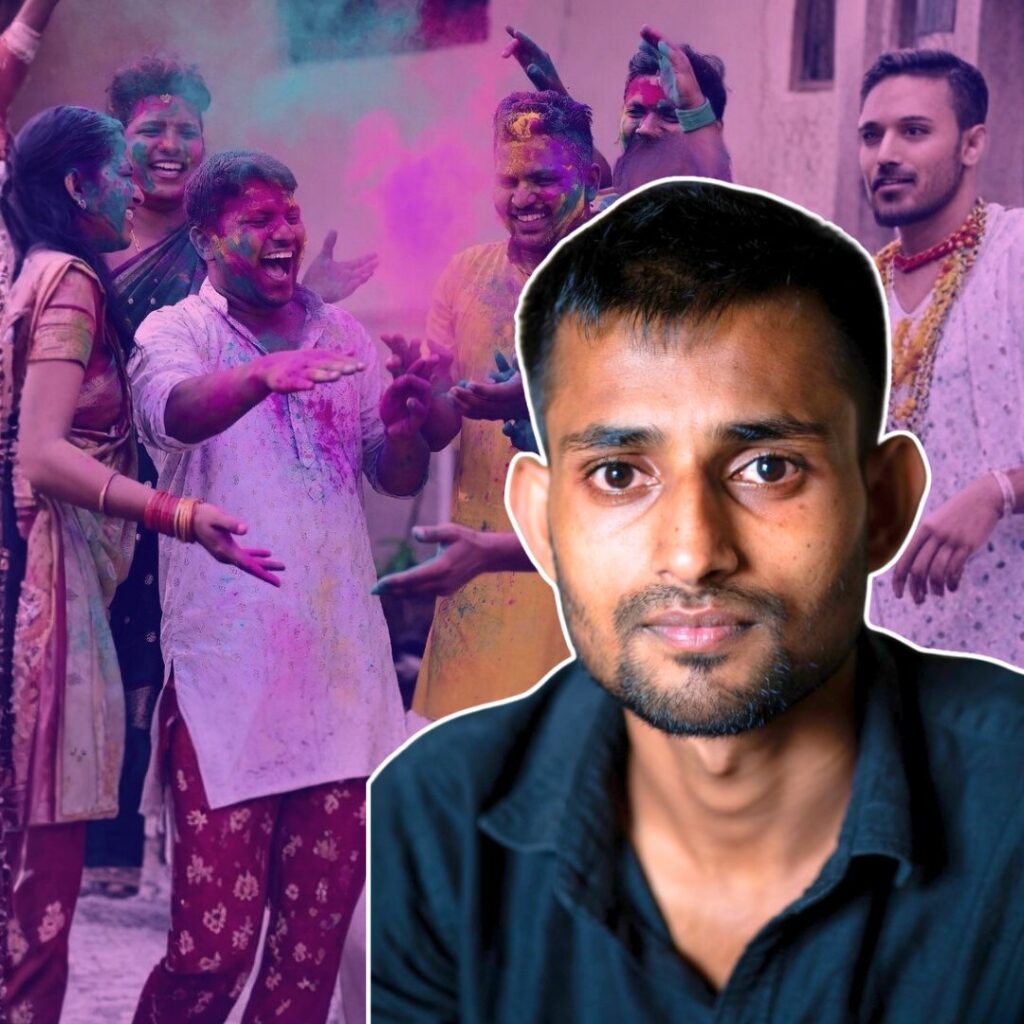Twenty-nine years ago, Kunan and Poshpora, twin villages located in Kashmir’s border district of Kupwara, were victims of mass rapes perpetrated by the Indian armed forces. On the cold night of February 23, 1991, deep in the Valley, armed personnel of the 4th Rajputana Rifles raped at least 40 women in the quiet hamlets and 29 years on, their fight for justice waits in the pages of the Supreme Court’s registry.
‘The case has been lying in three courts and although the State Human Rights Commission found all the allegation to be true, there has been no judgement yet,’ Khurram Parvez, the Program Coordinator of Jammu Kashmir Coalition of Civil Society (JKCCS) and a prominent Kashmiri human rights activist told The Logical Indian.
Between the years of 2005-2011, the villagers of Kunan and Poshpora fought to get the case moving in Jammu and Kashmir’s State Human Rights Commission (SHRC). When the SHRC conducted an inquiry and found the accusation of mass rapes to be true, they ordered for the erstwhile state government to pay compensation to the forty women identified to be the main victims.
‘But the compensation never came then and hasn’t even come yet,’ Parvez highlighted.
Natasha Rather, co-author of ‘Do You Remember Kunan Poshpora?‘ informed that 50 Kashmiri women had come forward to re-open the case and file a petition to fight for delivering justice to the victims in 2013. ‘Fifty of us came forward to file a petition in the Srinagar High Court. Originally, around a hundred women had volunteered to help with the legal battle but the authorities asked us to submit our identity cards with the court. You must know that in a place like Kashmir, foregoing an ID card – even briefly – is a risk one cannot undertake.’
Due to the unusual demand by the court authorities, Rather’s team of petitioners fell from 100 to 50 women.
‘I think they (women) were inspired by the fight put up by Indian civilians when the Nirbhaya gang rape and murder took place in New Delhi. When they filed their legal application in Srinagar’s High Court, they were met with a question posed by a judge asking them why are they bothered to re-open an old and forgotten case,’ Parvez stated.
The High Court in 2013 issued a notice to the J&K government but the response was allowed to be delayed as much as possible. The High Court then demoted the status of the case and sent it to Kupwara’s District Court. ‘It was sent to Kupwara for closure,’ Parvez said.
‘We went to the Kupwara District Court and filed a protest petition, submitted the affidavit containing all the statements of the victims and they (victims) even came forward into the witness box to corroborate their story,’ he added.
After months of relentless work and pursual of the case, the district court ordered further investigation. ‘The J&K police back then were doing everything they could to ensure that the case was closed. The district court had given three months to the government to submit its report on the investigation into the allegations but a year passed and nothing was submitted from their end,’ he said.
The team of petitioners then approached the High Court again, and this time the case was referred to a division bench of two judges. The judges ordered the government to pay compensation to the victims and complete the investigation to provide answers. ‘But we got neither an answer nor a report from their end. Even compensation was not paid,’ Parvez maintained.
Around the same time in 2015, the Indian Army filed a petition in Srinagar High Court asking for a stay order against the ordered investigation into the mass rapes. ‘Back then the High Court’s Justice was Tashi Rabstan.’
‘So, Justice Tashi Rabstan ordered the stay on the investigation and issued a notice. It was an ex parte hearing and technically wrong! A hearing on the same case had been ongoing so the Indian Army’s petition should have come to the division bench and not a separate bench – the single bench headed by Rabstan, as it had,’ he said.
Subsequently, the investigation was ordered to be halted and the Indian Army moved the Supreme Court of India to order us to withdraw the case altogether. ‘Thus, in 2016, we filed another petition in the Supreme Court against the ‘stay order’ on the investigation,’ Parvez said.
The then Divisional Commissioner, Wajahat Habibullah, has been accused of attempting to delay and help the Indian Army evade the process of justice in their petition.
Natasha Rather, who began her work for bringing justice to the victims, said that her involvement began with a conversation she was having with her friend. ‘My friend, who is also one of the authors of our book, asked me casually: did I remember Kunan Poshpora. And everything after that has changed my life.’
Taking The Logical Indian through the happenings that unfolded after the 23rd of February in 1991, Rather shed light on the medical examination that was conducted to verify the women’s accusations.
‘A person was sent by the Indian Army for ‘first aid…











